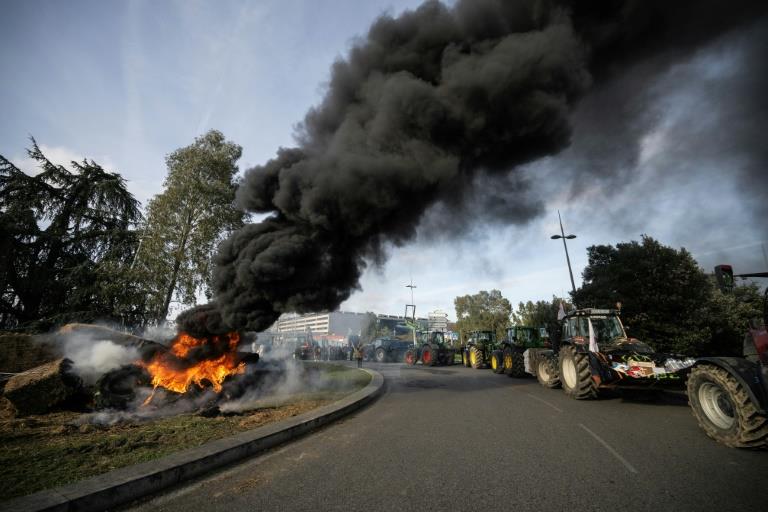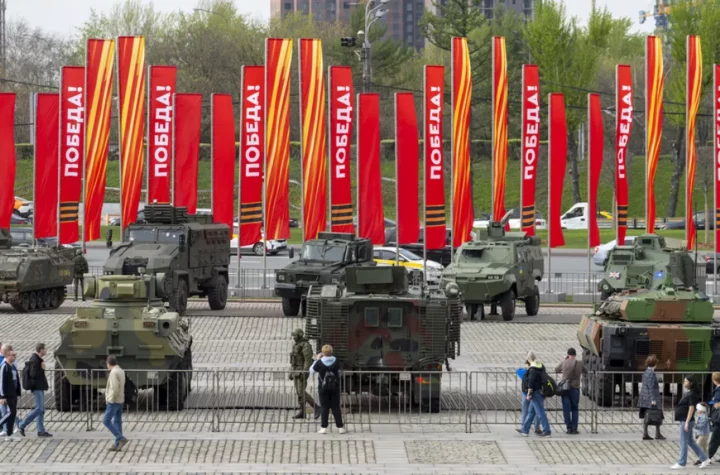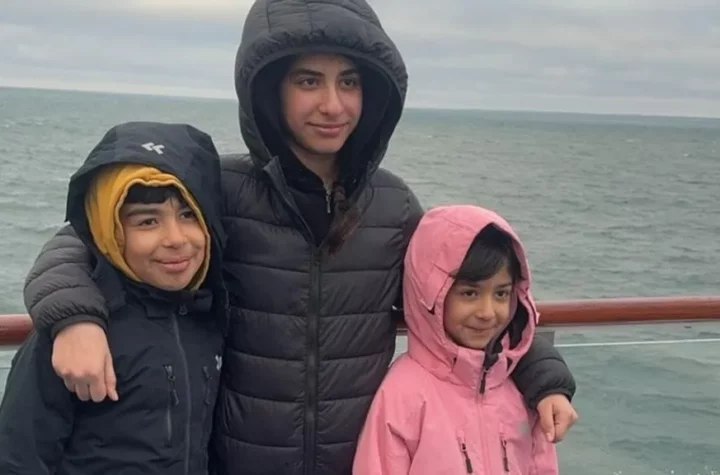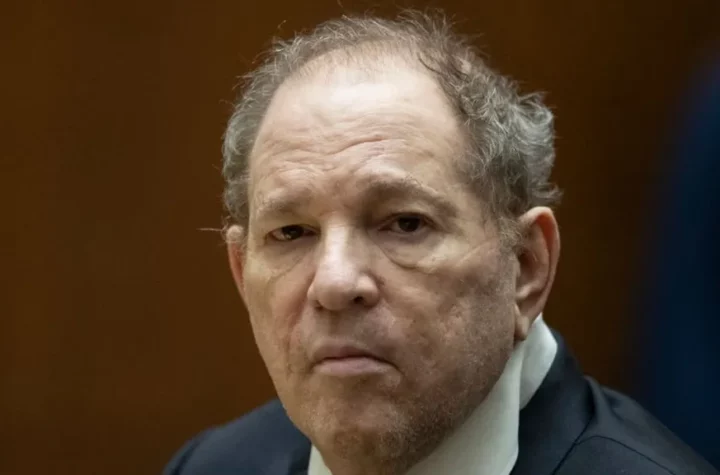
The head of the European Commission, Ursula von der Leyen, has recently revealed her intention to abandon a proposal that aimed to reduce pesticide use by half throughout the EU.
The decision seems to be a response to the concerns raised by farmers across several EU countries regarding various regulations, including the proposed decrease in pesticide usage.
According to Ms von der Leyen, the proposal has come to represent a division among people.
The reversal is still awaiting formal approval.
Farmers in countries such as France, Belgium, and the Netherlands have been expressing their concerns about pesticide reduction through demonstrations in recent weeks.
They believe that the proposed decrease in pesticide usage could have detrimental effects on their crops, potentially endangering food production in the EU.
“It is important to pay attention to our farmers,” Ms Von der Leyen emphasised during her address to the European Parliament on Tuesday.
“It’s clear that their concerns lie in the future of agriculture and their own livelihoods as farmers.”
Ms Von der Leyen emphasised that the matter of pesticide use remains unresolved and that additional discussions will be necessary before a new proposal can be presented to address this issue.
The EU had set a target to reduce the use of these chemicals by 50% by 2030 as part of its Green Deal, a comprehensive initiative to address climate change.
The proposal also outlined a prohibition on the use of pesticides in various locations such as public parks and gardens, schools, and sports fields.
The plan faced setbacks and was rejected by the European Parliament in November.
The decision to scrap Tuesday’s announcement has been met with approval by certain groups, such as the European farmers’ lobby COPA-COGECA.
The group’s president, Christiane Lambert, expressed satisfaction with the EU Commission’s recognition that their previous approach was flawed.
“This proposal, which was presented from a top-down perspective, was severely lacking in design, evaluation, financing, and viable alternatives for farmers,” she expressed on X, formerly known as Twitter.
Others, including Green MEP Bas Eickhout disagreed with the change in direction. He strongly encouraged Ms Von der Leyen to develop a fresh strategy for decreasing pesticide usage.
According to him, it was beneficial for everyone, including farmers, to take this action.
The EU is under pressure from member states to reconsider its stance on climate change following the recent surge in farmer protests.
On Tuesday, it also suggested a significant reduction in net greenhouse gas emissions by 90% by 2040, compared to 2015 levels. However, it made some adjustments to the requirements for the agricultural sector.
“It is crucial to ensure a well-rounded approach,” stated European Commissioner Wopke Hoekstra, as he revealed the proposal.
“The effects of climate change are evident to most of our citizens, who are concerned about the implications it has for their livelihood. They desire protection while acknowledging the challenges it poses.”
Not everyone was pleased with the emissions announcement, including Alexandr Vondra, a member of the eurosceptic European Conservatives and Reformists Group.
According to the Reuters news agency, he criticised the EU targets as “unrealistic ambitions.”
Tuesday’s updates arrive nearly a week following the EU’s initial concession to the farmers. They have announced a delay in implementing rules that require them to leave certain parts of their land unused for environmental protection.
Meanwhile, the demonstrations persist.
On Tuesday, there were protests in Spain and Bulgaria as farmers expressed their grievances by blocking roads and causing inconvenience to motorists.
Similar to farmers in other regions, they are seeking increased flexibility from the EU, stricter regulations on imports from non-EU nations, and greater support from their government.
Greek farmers have been engaged in discussions about potentially obstructing important roadways as a means to exert pressure on the government and secure their desired outcomes.





More Stories
Russia Displays US Military Equipment it has taken During the Conflict in Ukraine
‘I could not protect her’: A Dad Mourns his Child Killed in the Channel
Weinstein to Appear in Court After his Conviction Reversed